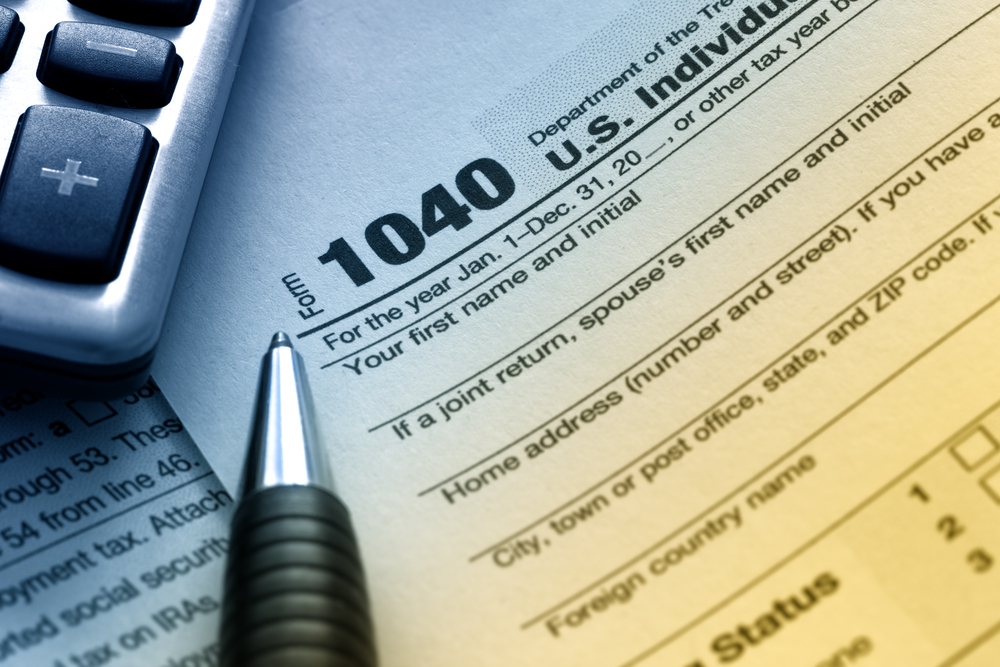
If your CPA or accountant’s name automatically conjures thoughts of tax season or the looming due date for your financial reports, you might be missing out on a prime opportunity. Yes, the CPA is integral to developing financial reports and reporting taxes, but he or she can bring so much more to the table as well. CPAs and accountants, unfortunately for their clients, are often untapped resources for small businesses and wind up filling narrow, prescribed roles.
First, though, a word about their primary raison d’être as tax adviser: CPAs should be your first and last stop when structuring a company – no matter how small it is or how seemingly insignificant a change appears to be. The complexity of today’s tax laws require it.
Here is one example: “S corporation” designations are sometimes used by entities to minimize payroll taxes, which is legal provided the compensation paid is not unreasonably low. Finding that line between reasonable and unreasonable is tricky, as a handful of recent tax court cases show. Let the expert – i.e., your CPA – guide you in this decision.
Beyond the Basics
Now onto CPAs’ less-visible talents and several areas where they can really help your new business:
Technology. A surprising number of CPAs are well-versed in current corporate technology and what it can offer a company. Tapping his or her expertise for products or services in this realm can be valuable. Such expertise ranges from choosing, say, a cloud-based accounting system for a small business to, for a larger firm, how to begin the process of incorporating Big Data in corporate operations.
When Disaster Strikes. CPAs are an excellent resource to tap when a natural disaster hits and your business operations are severely impacted – or halted altogether. They are equipped to provide such answers as how and when to contact insurers, what documentation will be needed to maximize coverage of losses, what relief resources are available to small businesses as the state and federal level and how to go about accessing those resources.
Valuation and Forensic Services. Many CPAs are building out expertise in these niche areas of valuation and forensic accounting. Even small businesses have a need to value, say, a possible account or potential acquisition and how it will impact cash flow and operations. They also come in handy during disputes with partners or shareholders or contractual disputes.
Risk Mitigation. CPAs are inherently risk-adverse, so who better to help identify a company’s vulnerabilities. They are particularly attuned to the dangers of vulnerable client and financial data – which almost always now is in digital form – and how to best protect this data. They can spot weaknesses in insurance coverage and other potential exposures to loss. They can serve as a sounding board during a transformation into, say, a virtual office or to cloud-based IT system.
Strategic Overview. Much is being said about the changing role of the CFO these days. It is, in short, becoming more about overseeing, guiding – and paying for – corporate strategy and less about financial statements and number crunching. Many small businesses don’t have CFOs, but most do have accountants. So why not adopt this best practice for your company using your CPA?
